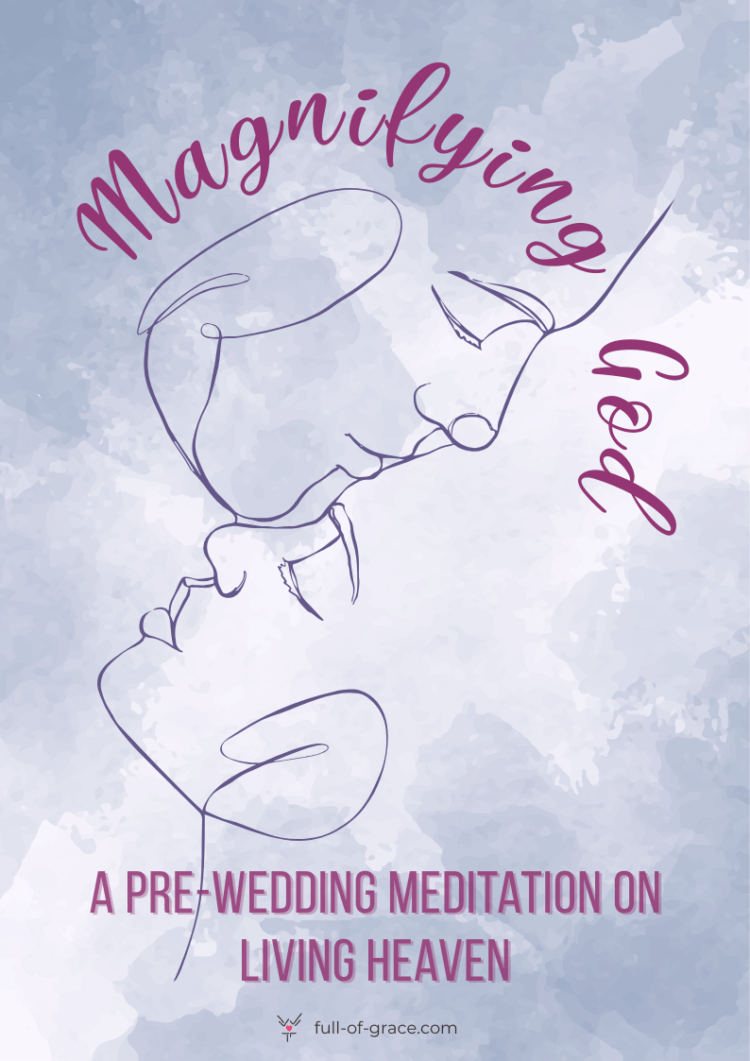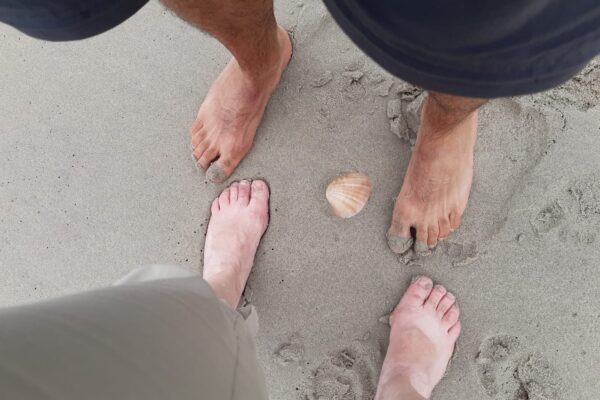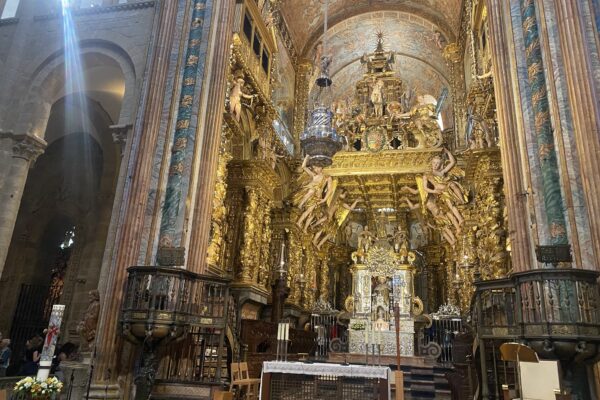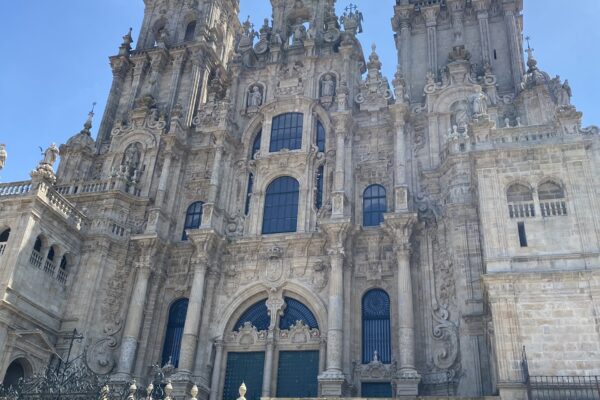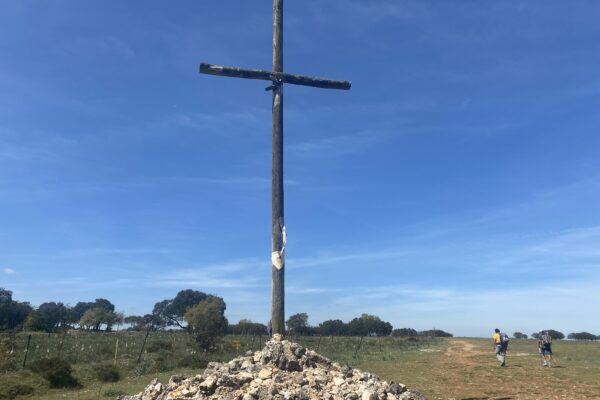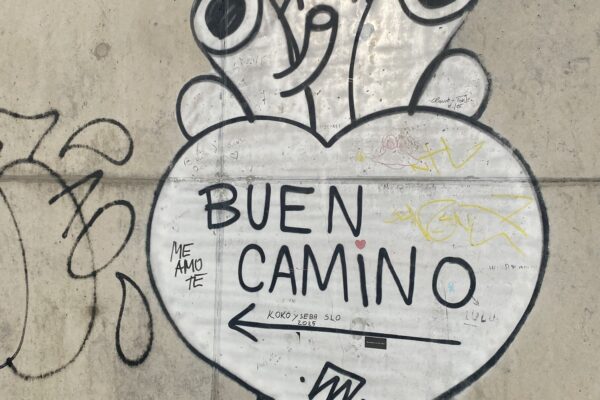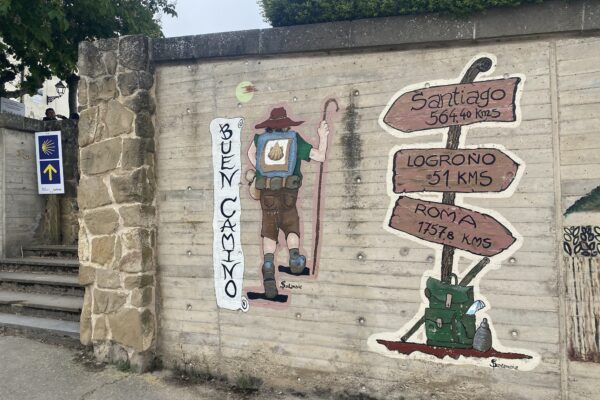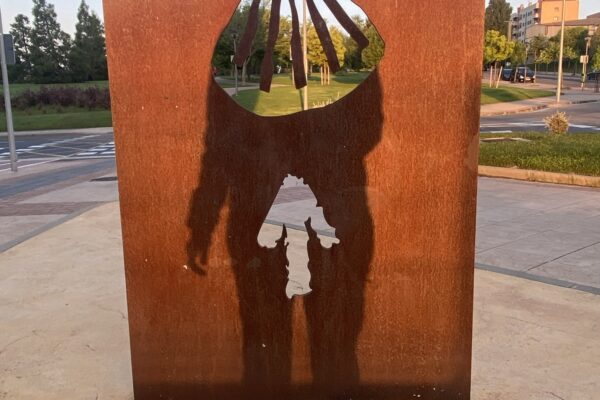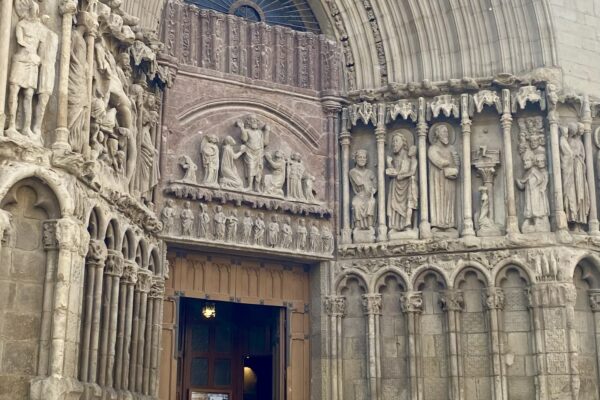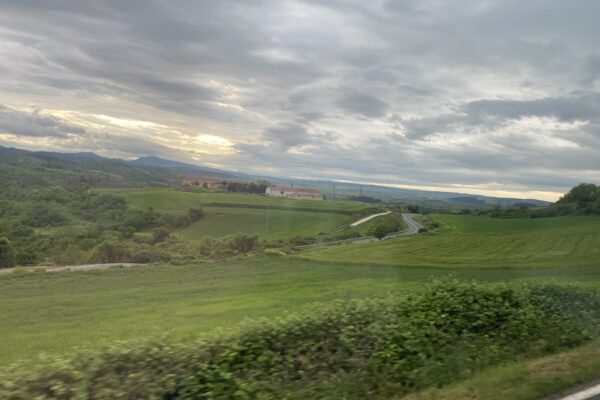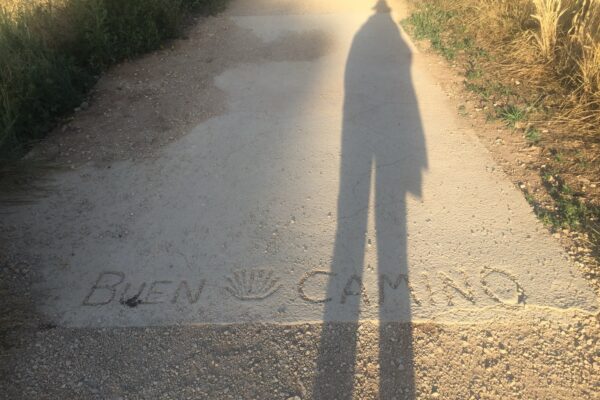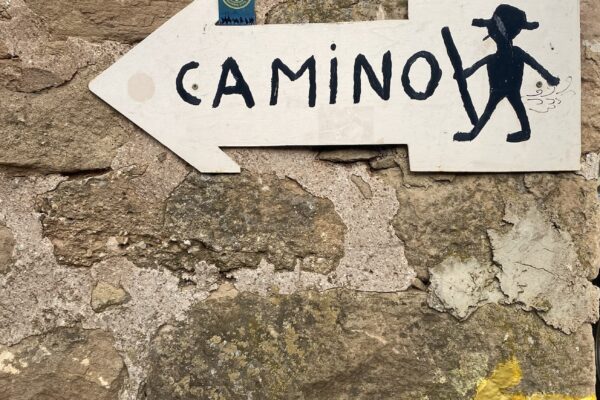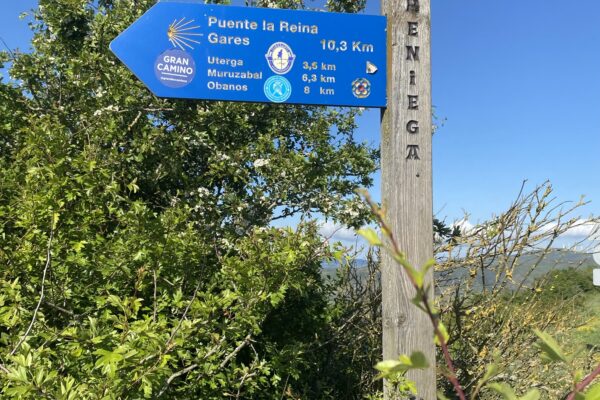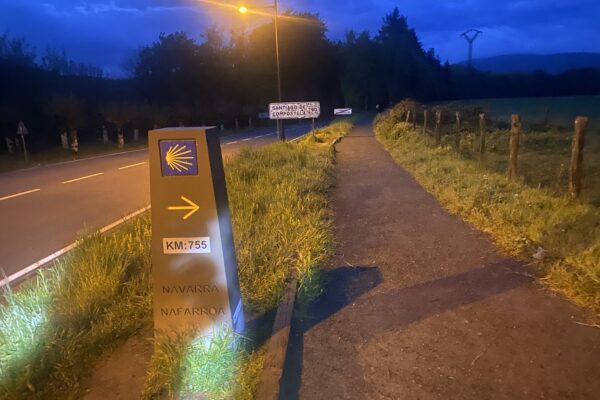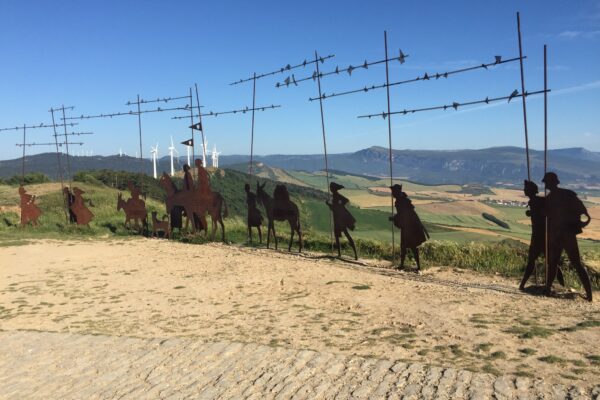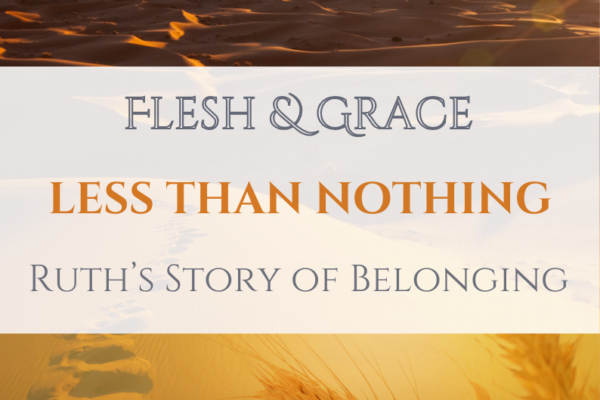Shaking Before the Feast
Tomorrow is the Feast of the Assumption, and I’m struggling.
Here I am with a blog called “Full-of-Grace,” somehow connected to Mary, and yet as this huge feast approaches, I find myself shaking, holding back, feeling overwhelmed. My new Polish parish is named after the Assumption, and tomorrow there will be a huge Mass, blessing of the flowers, then music and barbecue and cakes. It should be joyful, festive. I should be joyful and festive, but instead, I’m paralyzed and confused.
The Three Questions That Echo
Because what do we actually celebrate here? Not the Wikipedia answer about which pope declared what when – that’s boring and tells me nothing about the heavenly assumptions. When I sit with this feast, I hear three questions echoing: Who was taken to heaven? How was she taken? And what for?
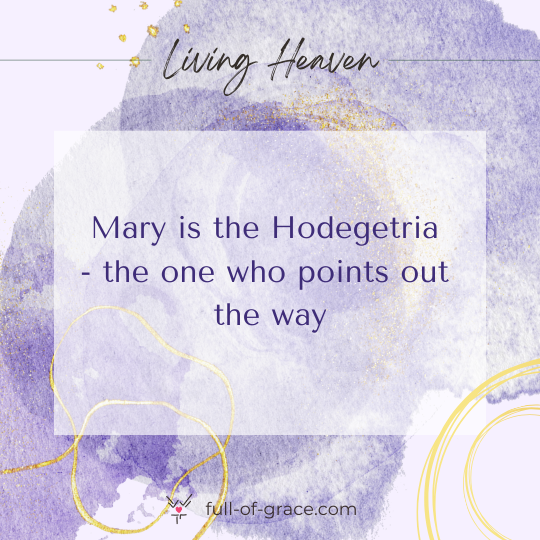
The answers seem simple at first. WHO: Mary, the Mother of God. The Virgin Mother. HOW: Body and soul, either while still alive or after death but before decomposition – though honestly, the theological debates about whether her body was technically alive or dead don’t capture my curiosity at all. And the most important question: WHAT FOR?
Well… Hard to say. Maybe because she was the ever-virgin? If Mary was taken to heaven because of her virginity, then woe is me – I’m already doomed. I’m preparing for my sacramental wedding in three weeks and very much looking forward to exercising all sorts of intimacy with my husband. There better be another way to heaven.
There has to be something beyond the virginity that Mary has to offer, because she is the Hodegetria – the one who points out the way. And I’ve really, really always wanted to go to heaven. It sounds childish, but it’s true. When I was little, I decided I wanted to be a saint, even a doctor of the church, and yes – I wanted to be taken to heaven ideally, without dying. Why not?
Born for Heaven, Not Death
It’s even in my name: Natalia means “the day we are born for heaven.” As a child, I heard people explain this as “the day of death” – as if heaven was only accessible through dying. But I’ve been at war with that concept for years now. Why should death be the only doorway to God? Why can’t we walk into heaven while still breathing, still living, still fully ourselves?
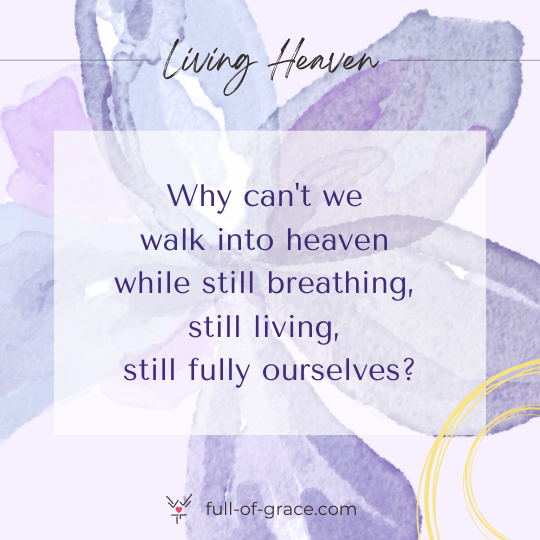
I’ve watched too many people spend their entire lives waiting – waiting for death to finally bring them home to God, treating this life like a waiting room for the real thing. But what if that’s backwards? What if heaven isn’t a place we go to, but a reality we can inhabit right now? What if the assumption of Mary isn’t about her unique privilege, but about showing us what’s actually possible for anyone who learns to live in constant awareness of God’s presence?
Arthur’s Universal Contradiction
As my late friend Arthur, an old German soldier who had fought in my hometown during World War II, and yet we’d become unlikely friends, shared with me towards the end of his journey: “We all want to go to heaven, but none of us wants to die.” He was naming the universal human contradiction – this deep longing for divine union paired with our natural resistance to the very thing we’re told is required to get there.

But what if it’s not required? What if Mary’s assumption reveals that death isn’t the prerequisite for heaven we’ve been taught it is?
So Mary, what can you tell me about living in a way that skips death altogether?
Where Mary Actually Speaks
Mary doesn’t talk much in Scripture. Most of the time, the Bible simply states “And Mary contemplated this in her heart.” But there’s one moment where her voice breaks through – the Magnificat. And significantly, she speaks it to another woman, Elizabeth, the only other person who would understand what it means to carry an impossible promise. In a world where religion was run entirely by men, where God was spoken of only in masculine terms, these two women met heart to heart to witness what God was doing through them.
I love Mary’s ease when she declares: “From now on all generations will call me blessed.”
Can you imagine saying that about yourself? I tried it as an experiment. I went through the opening lines, attempting to pray them as if those were my words:

“Oh, how my soul praises the Lord! How my spirit rejoices in God my Savior!” – Yes, I can say that genuinely.
“For he took notice of his lowly servant girl, and from now on, all generations will call me blessed” –
No. I immediately know I’m lying. My chest drops, my lungs get narrow. There’s this physical collapse. I am terrified when I think that God could even look at me. If I imagine God gazing upon me, I see only my sin, only my imperfection. I really see only the snakes under my feet.
And immediately, I felt that familiar jealousy creeping in. If I was born without sin, how would my story look? What would my magnificat sound like?
My Magnificat Experiment
So I tried something that felt audacious.
I went again through Mary’s song line by line and this time, I wrote down my honest, first responses:
“My soul magnifies the Lord” – I am gracing God with my presence. “My spirit rejoices in God my Savior” – And I’m looking at the snakes under my feet. “He has looked with favor on his lowly servant” – Oh God, are you there? “From now on all generations will call me blessed” – Never.
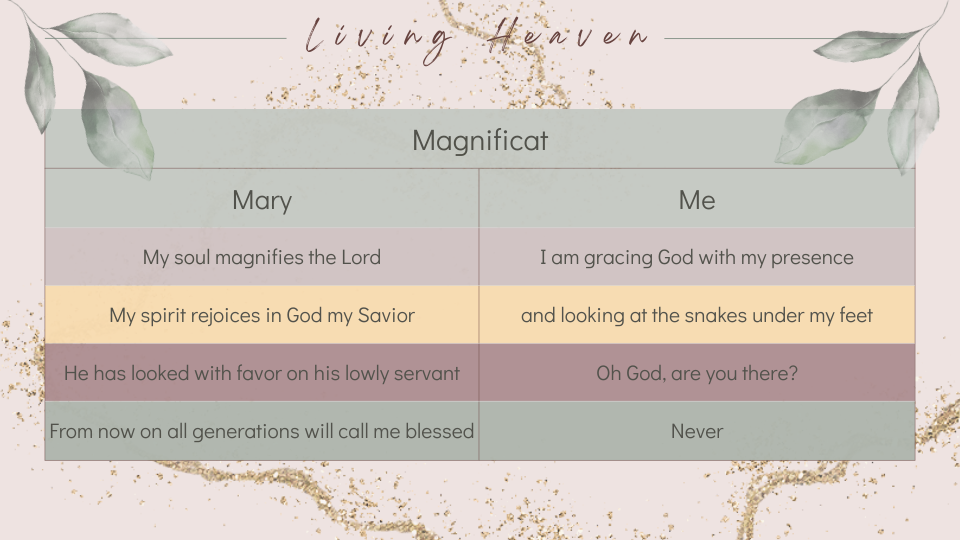
Ouch. But then something shifted. Because Mary continues: “For the Mighty One has done great things for me.” And I found myself writing: “Oh yes, he has.”
Line by line, I began to see it. He has brought down princes and exalted the humble – yes, I’ve witnessed this. He shows mercy from generation to generation – absolutely. He has filled the hungry with good things – I’ve experienced this personally. He has helped his servants and remembered to be merciful – always. He made promises to our ancestors – and keeps them still.
The only thing we are required to offer is the soul’s ability and readiness to magnify the Lord. But what does that even mean? It’s not just that my soul praises God, but Mary says that her soul somehow makes God bigger, more visible. And in that magnification, something happens to the soul too. It grows. The magnification works both ways.
Mary has this ease with her own significance that I’ve completely lost. She sees herself as a lowly servant girl and has no issue, from that perspective, assuming a huge presence in the story of salvation.
The Promise Rememberer
The more I stayed with Mary’s words, the more I realized she’s a promise rememberer.
When Mary speaks the Magnificat, she really knows what she’s talking about. She’s not making up pretty phrases. She knows the promises to Abraham, the connection to Isaac, the whole sweep of Scripture. She carries God’s word so deeply that she can see it coming to life in her own experience.
My responses to her song revealed something crucial: I could relate to Mary’s view of God’s character and faithfulness. Where we differed was in how we see ourselves. Mary accepts blessing; I reject it. But this led me to wonder – what if the promises she remembers so well actually include me too?
Abraham’s Arithmetic Includes Me
In Genesis 17, God tells Abraham: “I will make you extremely fruitful. Your descendants will become many nations, and kings will be among them. I will confirm my covenant with you and your descendants after you from generation to generation. This is an everlasting covenant. I will always be your God and the God of your descendants after you.”

If Abraham truly has “countless descendants” across “many nations,” then the arithmetic includes me. And you. We can count ourselves among those to whom this promise was spoken.
What if God is offering me the same name change he offered Abraham? From Natalia-who-thought-heaven-is-only-after-death to Natalia-who-knows-heaven-can-be-found-while-alive?
The Audacity of Accepting Blessing
Mary shows me how to claim the Promise for myself. It really requires audacity when God comes and says “you are blessed among women” to respond: “Okay, I take it. Alright, God, whatever you say.” Not because of my holiness, but because of God’s faithfulness to the promises spoken generation after generation.
When I look at the history of salvation, I see the pattern: God lifts up the bronze serpent, and those who gaze upon it live. We fix our gaze on Jesus lifted up, and we find healing. Mary perfected this gaze from the Annunciation onward.
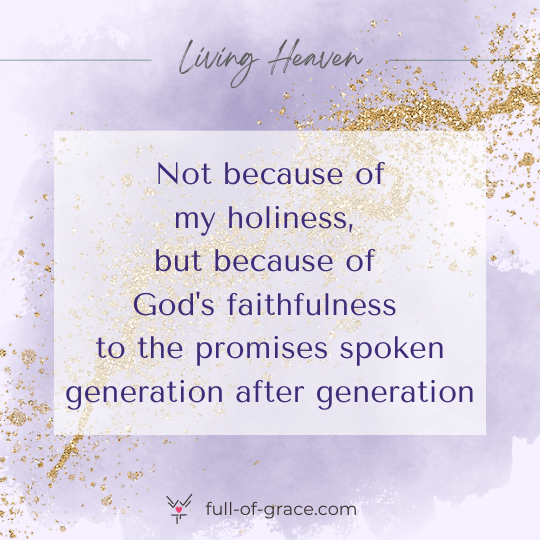
Never Leaving Paradise
I imagine Mary carrying the moment of the Annunciation in her heart like a tabernacle – that voice saying “The Lord is with you. You are blessed among women.” No matter what was happening in the unfolding story of salvation – whether Jesus was being celebrated by crowds or correcting her publicly or hanging on a cross – she could always return to that fundamental truth: The Lord is with me.
Maybe Mary was assumed into heaven not (only) as a reward at the end of her (perfect) life, but as the natural culmination of a life lived in constant awareness of heaven’s presence. She didn’t need to be transported to a distant place because she had learned to inhabit heaven while still on earth.
From Ticket Out of Hell to Doorway to Heaven
This changes how I approach faith. For too long, I’ve treated my relationship with God like a ticket out of hell instead of a doorway to heaven. I’ve focused on avoiding damnation rather than building paradise. But what if we’re called to be promise rememberers, blessing celebrators, heaven multipliers?
What if heaven comes not through dramatic apocalypse but through our daily choice to call upon God’s name instead of our own? What if we bring heaven down to earth heart by heart, one person at a time choosing to see with Mary’s eyes?
Tomorrow’s Flowers
Standing in my kitchen, folding laundry, preparing for my wedding – these ordinary moments become the pathway Mary took. She fixed her gaze on Jesus from the Annunciation to the Assumption and never looked away. She remembered the promises so completely that they became her reality.
Tomorrow I’ll go to Mass with my mother. We’ll carry our flowers, join the feast, celebrate this mystery. And I’ll practice Mary’s secret: The Lord is with you. The Lord is with me. Always, right now, in this moment.
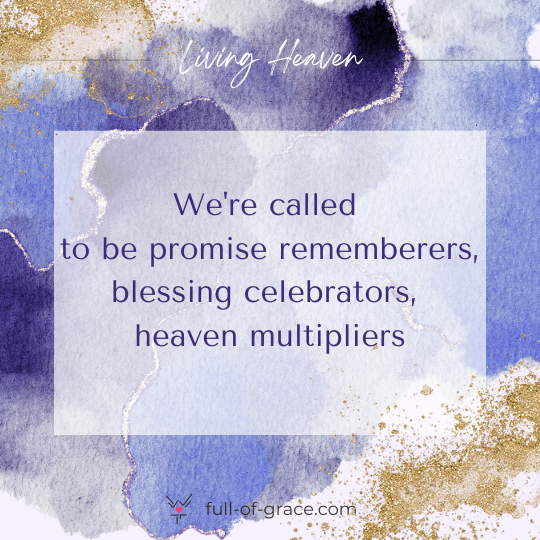
Not as destination, but as the way. Not as a hope for future but as present reality. Not as reward after death, but as invitation to heaven while still breathing.
This is Mary’s gift to us – not the impossible standard of sinlessness, but the accessible practice of constant recognition: heaven is here when we remember the promises and fix our gaze on the One who fulfills them.
The pathway to assumption leads through right here, right now.

